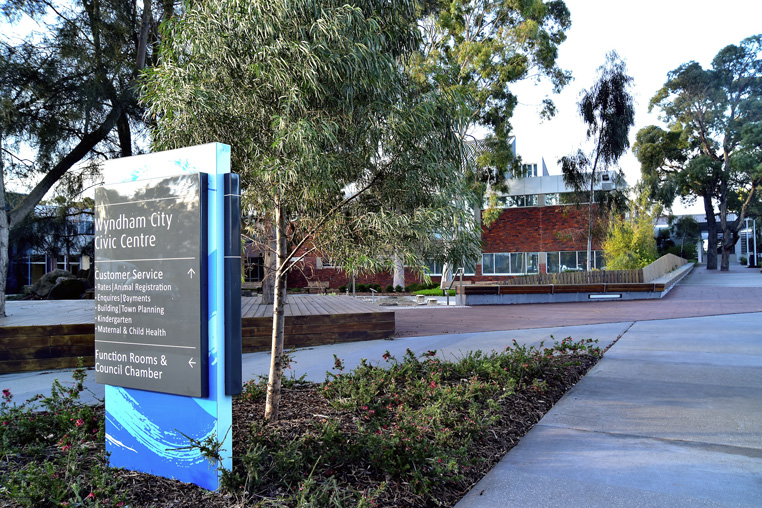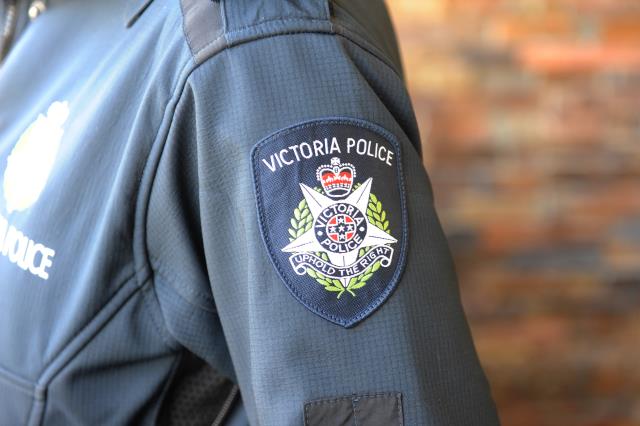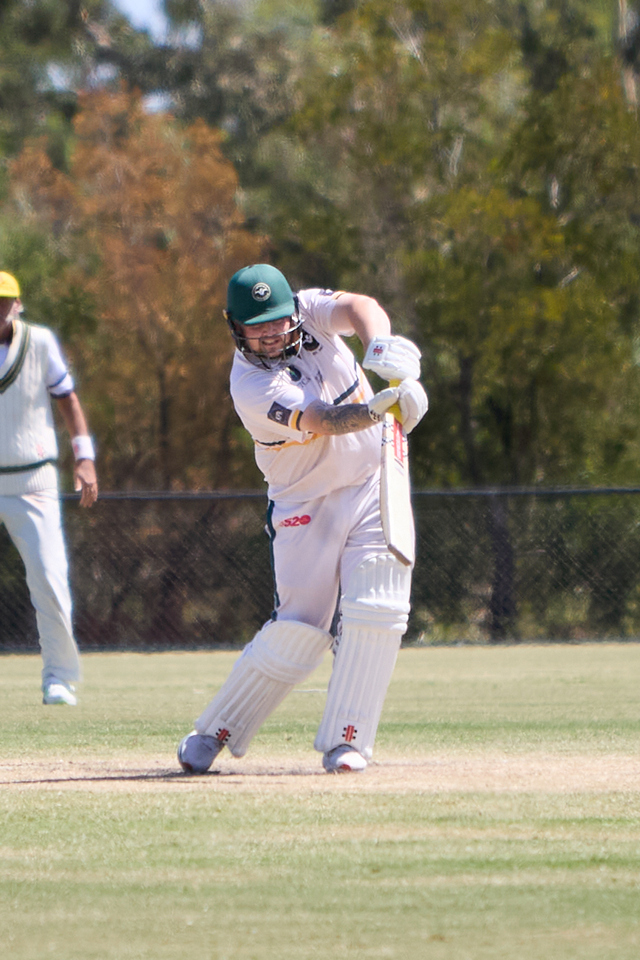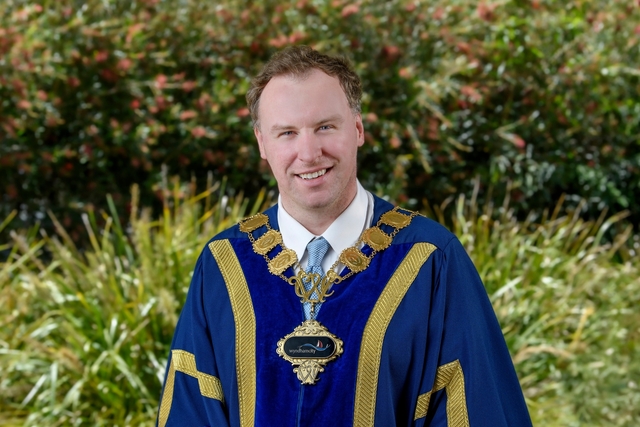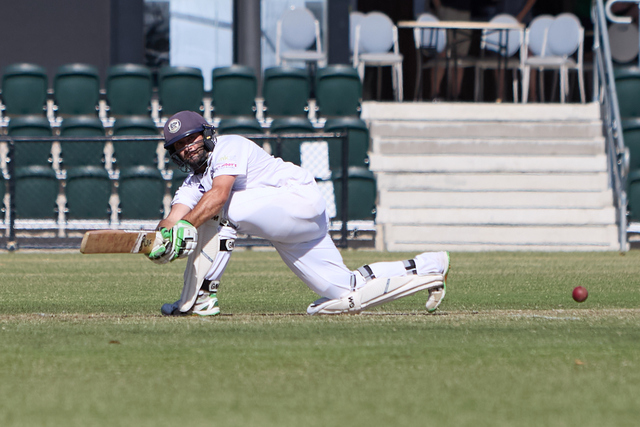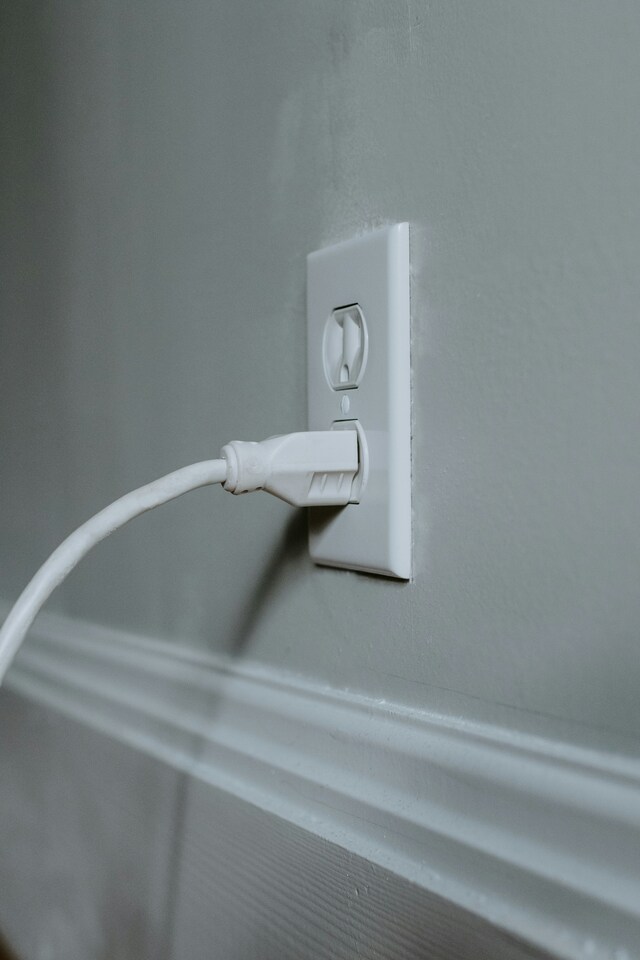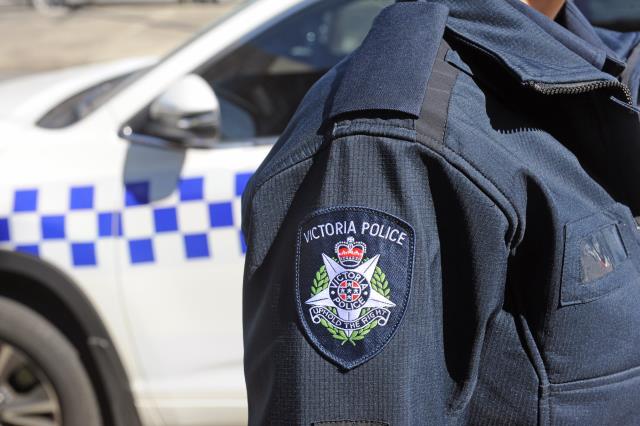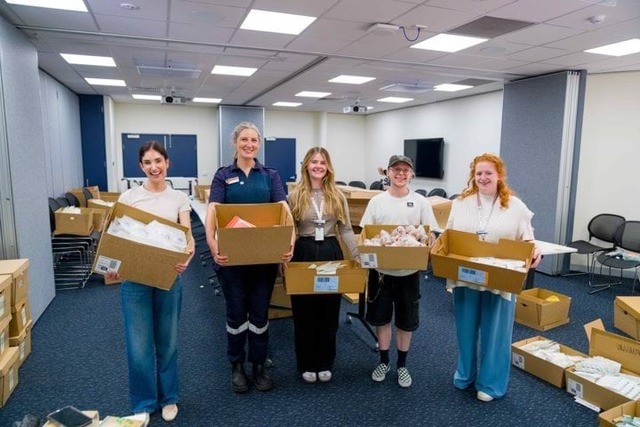GPS tracking devices are being installed in all Wyndham council vehicles in a $300,000 push to better manage the council’s fleet.
Australian Services Union organiser Dave Walmsley says the council has started rolling out the devices across all its vehicles and mobile machinery – including mowers, utes and trucks – and is now developing a policy to detail how, and under what circumstances, the GPS trackers can be used.
Mr Walmsley said that under the terms of the policy, which was still being finalised, the GPS trackers could only be used during business hours and were not allowed to track employees with company cars out of hours.
“A lot of councils have them now; it’s nothing new,” he said.
“It’s just about getting the wording right in the policy to ensure that it’s used for the right reasons and that people aren’t going to be disciplined, or set up, because of it.
“[The council has said] that a few bits of machinery have been stolen. This way, they can track them and look at better ways of doing things.”
Wyndham council city operations director Stephen Thorpe said the move would improve customer service for residents and provide increased safety for staff members.
Mr Thorpe said GPS tracking systems were “the new standard” for many public services and were already being used by JJ Richards, the company contracted to collect Wyndham’s residential waste, to great effect.
“JJ Richards are industry leaders in using in‐vehicle technology to plan, manage and report on their services,” he said.
“Council has a pool of vehicles used by staff working out in the community, the use of which is currently monitored by a manual system.
“Using a GPS system will enable us to see exactly how many vehicles are being used at any given time, giving us a better understanding of how our fleet is being used, reducing the need to purchase new vehicles when we can increase the utilisation of the ones we already have.”
Mr Thorpe said council employees would be able to use the GPS devices to plan the most efficient routes to jobs and ensure better customer service by dispatching the closest available council vehicle to an incident.
“It will also provide increased security for staff who work out in the field as we will able to see if they have not made it to, or returned from, their intended destination.
“Installation of GPS also means staff and vehicles can be located and the drivers can be messaged in an emergency such as grassfires or floods. Vehicles will also be easier to locate if they are stolen.”

